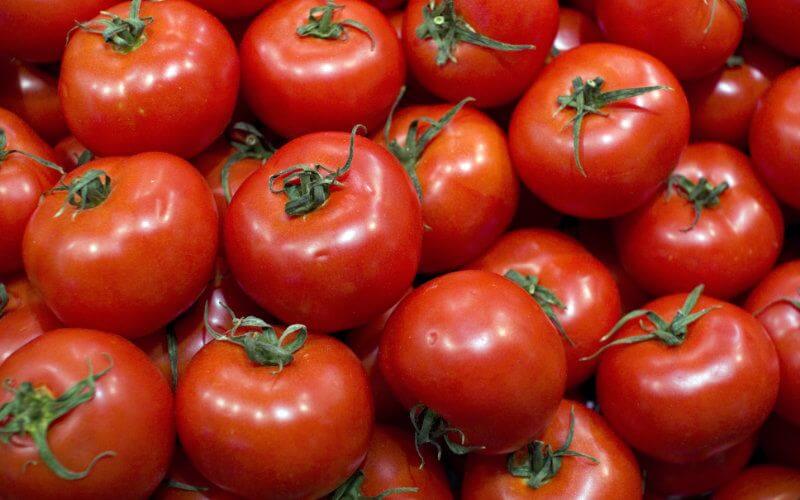
Russian authorities have seized a large shipment of Moroccan tomatoes after detecting two plant viruses, raising concerns over agricultural trade and highlighting strict phytosanitary measures.
The incident occurred in the Kaliningrad region, where inspectors from the Federal Plant Health Service intercepted the consignment at a local warehouse.
Tests conducted by local laboratories confirmed the presence of the brown wrinkled fruit virus and the pepino mosaic virus. While these pathogens do not threaten human health, they pose a serious risk to crops, causing premature wilting, fruit deformation, and reduced marketability.
Russian officials have blocked the distribution of the contaminated tomatoes to protect domestic agriculture.
Authorities cited the potential economic damage to local farms, noting that chemical treatments used to limit the viruses can leave residues on exported produce, raising additional food safety concerns.
The decision could prompt diplomatic or commercial negotiations between Morocco and Russia in the coming weeks.
Morocco and Russia maintain a longstanding economic relationship, with agriculture forming a key component.
Moroccan exports of fruits and vegetables, particularly citrus and tomatoes, have grown in recent years despite global geopolitical tensions, including the war in Ukraine.
In 2023, Morocco strengthened its position as a major supplier to the Russian market, benefiting from bilateral agricultural cooperation agreements that emphasize supply diversification and compliance with phytosanitary standards.
The latest seizure could reignite discussions over quality control and the monitoring of imported goods.
International trade observers suggest that joint audits or regulatory adjustments may be necessary to ensure the smooth flow of Moroccan produce while safeguarding Russian agriculture.
For Moroccan farmers and exporters, the incident serves as a reminder of the growing importance of biosecurity measures in international trade.
It also underscores the influence of national regulatory frameworks on global supply chains, where even non-human pathogens can disrupt market access and affect economic relations between countries.
As Morocco assesses the impact of the seizure, both governments may engage in technical discussions to prevent similar occurrences, balancing trade interests with agricultural safety in a tightly regulated global market.



